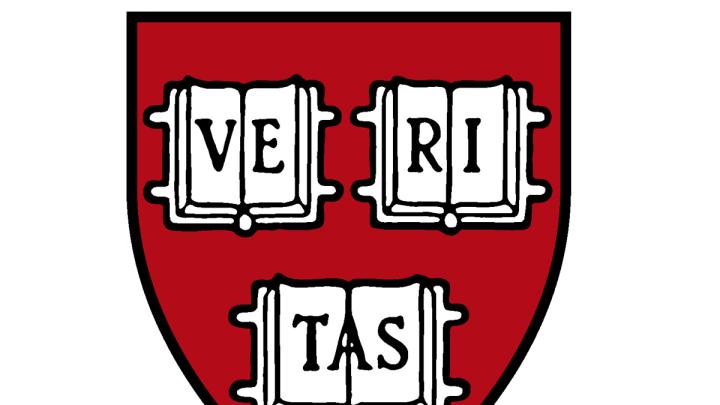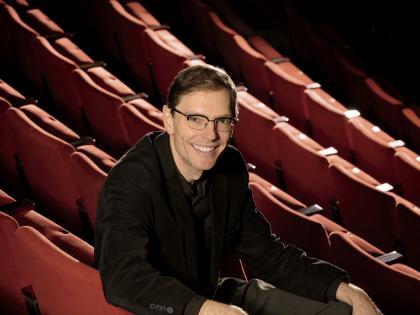Harvard College announced today that 895 students were granted admission to the class of 2017 under the early-action application program—an increase of 16 percent from the 774 admitted early last year (the first year in which the College reinstated early action after a four-year period of unified admissions with spring notifications). The number of early applicants rose nearly 15 percent, to 4,856 from 4,228 last year.
Early-action admissions are nonbinding; students retain the right to defer indicating where they will attend college until next May 1.
The rising interest in early action—pervasive among Ivy League schools—will put even more pressure on regular-deadline admissions. The admit rate for early applicants, who generally have strong credentials and a clear sense of where they would most like to attend college, has now exceeded 18 percent for two years; by The Harvard Crimson's calculation, that means the acceptance rate among regular-decision applicants (including early applicants deferred to the spring) fell to 3.8 percent last year.
According to the College's announcement, in addition to the 895 students just admitted, 3,196 applicants were deferred and will be considered in the regular-action process, 651 were denied admission, 12 withdrew, and 96 submitted incomplete applications. Regular-action applicants will be notified on March 28.









